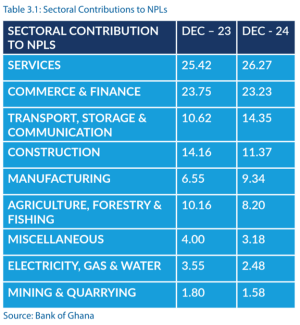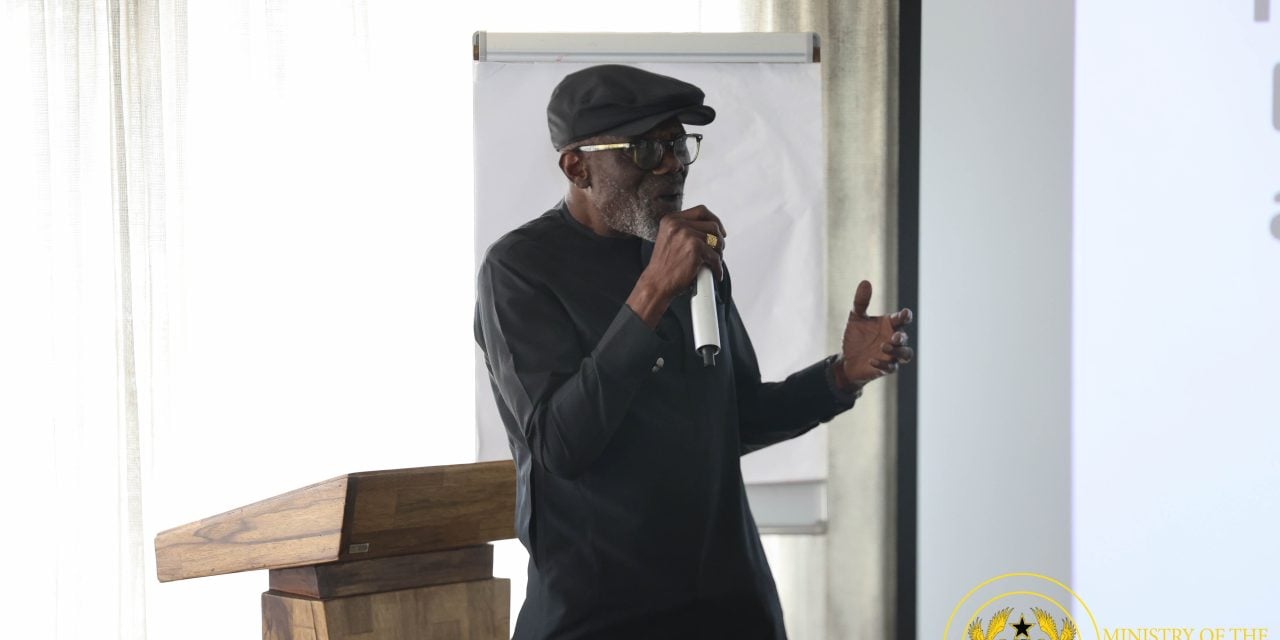
February 6, each year, is observed globally as Safer Internet Day. The day is used to highlight the positive uses of the Internet and explore the role of stakeholders in ensuring a better and safer online environment. This year's celebration which is under the theme, "Create, connect and share respect: A better Internet starts with you," highlights the need to ensure a safe Internet for children and young people across the world.
Increasingly, a number of children are gaining access to the Internet as a result of the numerous opportunities it offers. The Internet enables children to learn, share information, communicate and have fun. In spite of these benefits, the use of the Internet comes with its own threats and risks especially for vulnerable groups such as children and women.
In a baseline study conducted by the Media Foundation for West Africa (MFWA), it was found that online harassment is one of the major risks facing women in the Ghanaian online space. According to the study, online harassments usually manifest in the forms of non-consensual distribution of photos and videos; sexual harassment; cyber stalking; and hate and offensive comments. Unreliable internet service and high cost of data services serve as barriers preventing women from exploiting the huge potential the internet offers for self-empowerment and overall development.
As a result of the above challenges hindering Internet access and use, many of the parents whose children are online do not have adequate knowledge about the devices and platforms their children are using nor the risks associated with their online activities. This makes it difficult for parents to provide guidance on online safety measures for their children.
As the world marks Safer Internet day 2018 today, there is the need for stakeholders to come together and work collaboratively to improve the safety of children and young people in cyberspace. The MFWA calls for increased public education to equip children on how to utilize the internet and stay safe online. We also urge governments in the region to be more committed to implementing policy interventions that protect vulnerable groups such as children and women.
Read Full Story














Facebook
Twitter
Pinterest
Instagram
Google+
YouTube
LinkedIn
RSS